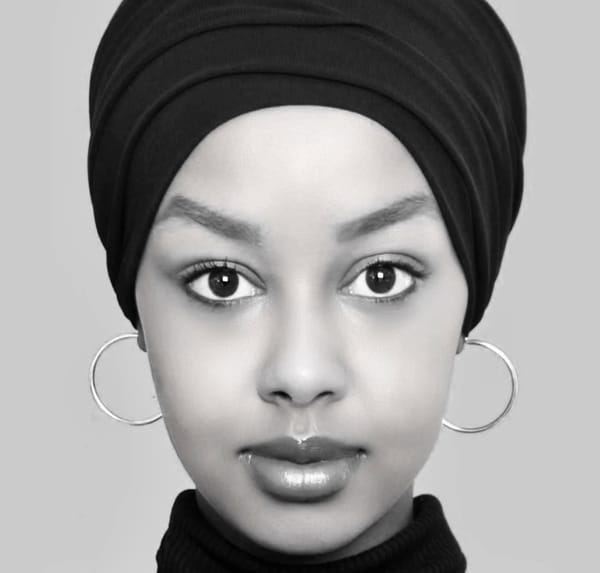This post is only for paying members only
Become a paying Disruptors member to read this post and gain access to more exclusive stories, events, opportunities and community while supporting an independent media company.
Sign up now Already have an account? Sign in








